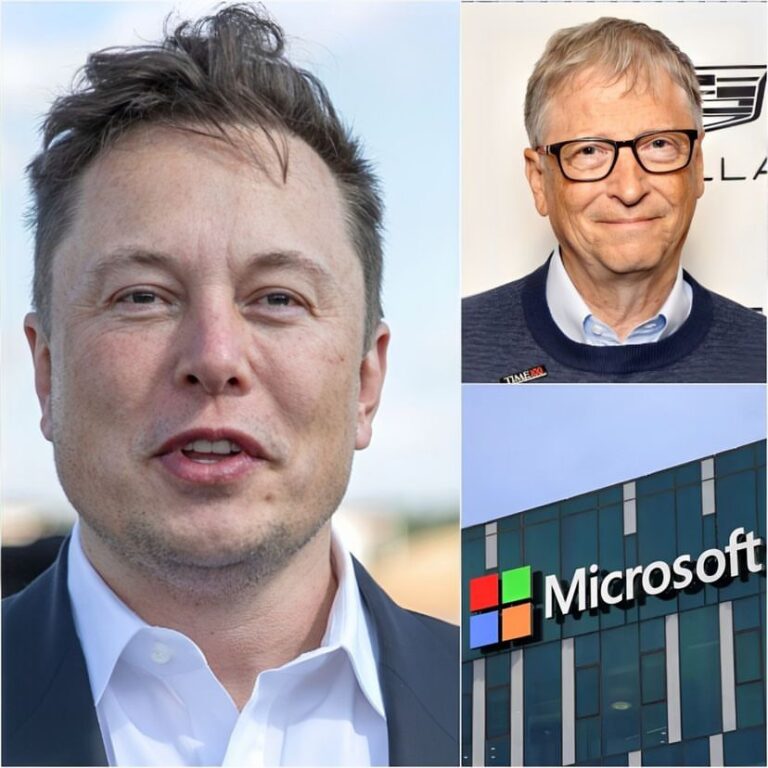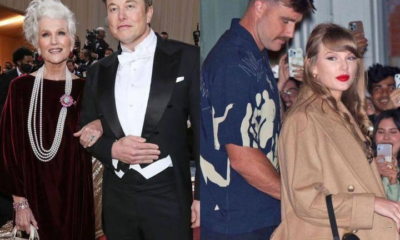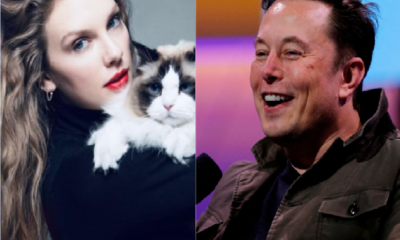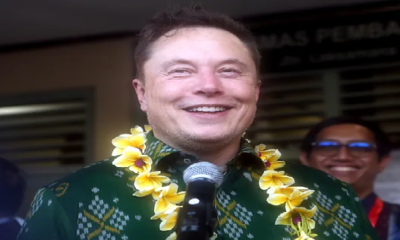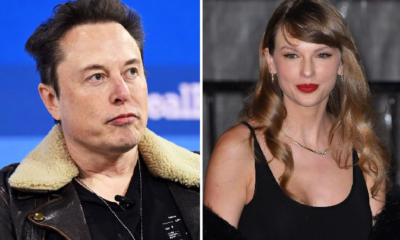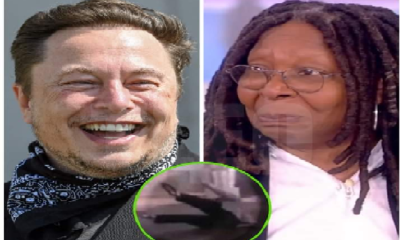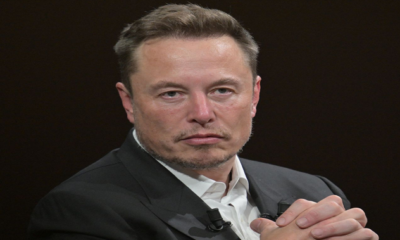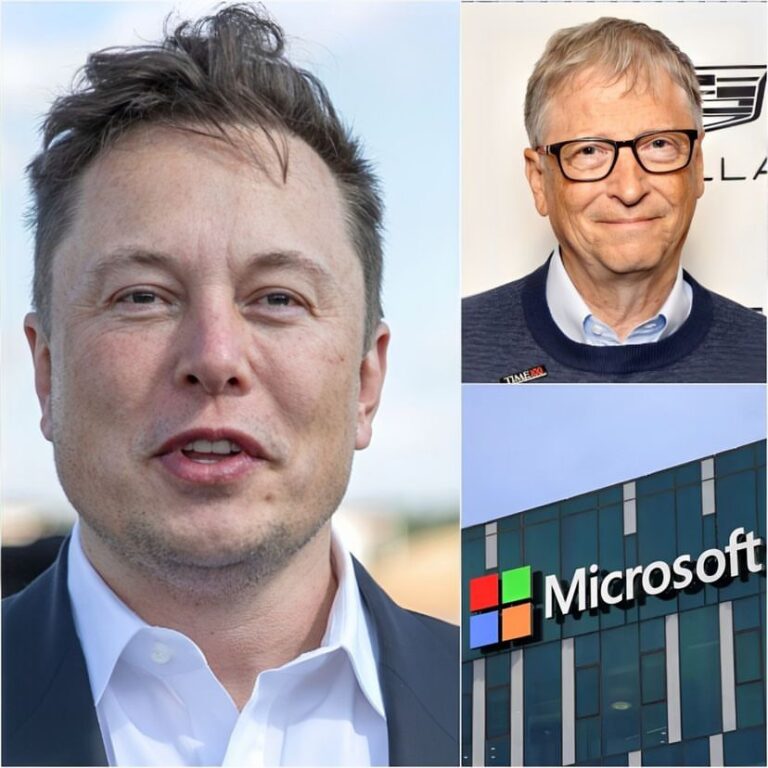
Elon Musk Calls For BOYCOTT Of Bill Gates’s Microsoft Corporation
Elon Musk Calls For BOYCOTT Of Bill Gates’s Microsoft Corporation
Elon Musk’s recent call for a boycott of Microsoft, co-founded by Bill Gates, has ignited a significant conversation in the tech community and beyond, highlighting the complexities of modern corporate ethics and consumer behavior.
Musk, known for his outspoken views and willingness to challenge established norms, has raised concerns about Microsoft’s practices, particularly regarding data privacy and monopolistic behavior. This call to action comes at a time when consumers are increasingly aware of how tech giants handle their personal information, and many feel disenchanted by the concentration of power within a few corporations.
Musk’s remarks resonate with a public sentiment that demands more accountability and transparency from companies that have immense control over daily life. His criticisms are rooted in the belief that large corporations can stifle innovation and competition, making it difficult for smaller businesses to thrive. By urging a boycott, Musk is not only challenging Microsoft but also advocating for a broader reevaluation of the ethical responsibilities that come with such significant influence. Additionally, this call for a boycott reflects a deeper philosophical divide between Musk and Gates, particularly regarding their differing approaches to pressing issues like climate change and technology’s role in society.
While Gates has focused on sustainable development and philanthropy, Musk has pursued aggressive technological solutions through his companies, including Tesla and SpaceX. This ideological clash adds another layer to Musk’s motivations, as he seeks to promote a vision of innovation that prioritizes individual empowerment over corporate dominance. The potential implications of this boycott could be profound. If a substantial number of consumers respond to Musk’s call, it could lead to a shift in market dynamics, allowing alternative tech companies to emerge and challenge Microsoft’s stronghold. Such a shift might foster a more competitive landscape, ultimately benefiting consumers through greater choice and innovation.
Furthermore, a successful boycott could prompt increased scrutiny of Microsoft’s practices, leading to enhanced accountability and transparency regarding data handling and corporate governance. This may also set a precedent for how consumers can leverage their collective power to influence corporate behavior, empowering individuals to demand ethical practices from the companies they support.
Miriam Rodriguez tracked down 10 of her 20-year-old daughter’s kidnappers, pursuing them one by one across Mexico until each was either dead or in prison. Much like Liam Neeson’s character in……see more


